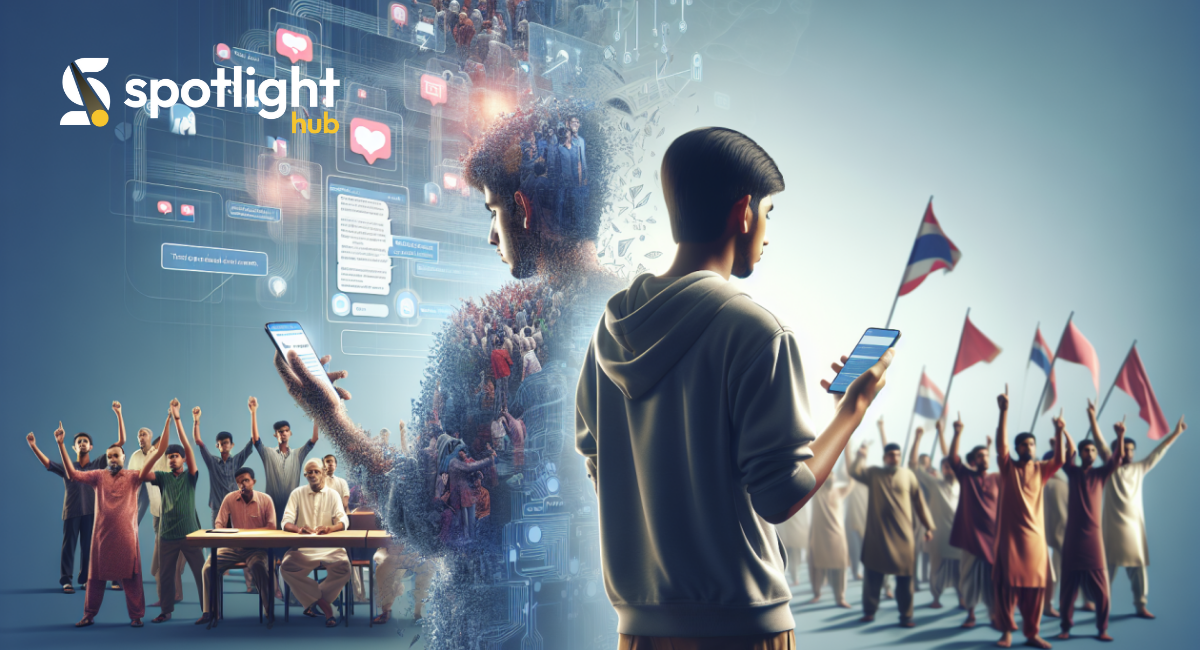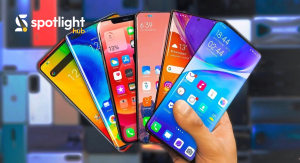Social media has transformed the way political campaigns are run today. What once required door-to-door efforts, television advertisements, and radio broadcasts is now largely done online. With the ability to reach millions of people instantly, social media platforms like Twitter, Facebook, and Instagram have become essential tools for politicians to communicate directly with voters, mobilize support, and shape public perception. In this blog, we’ll explore the key role social media plays in modern political campaigns and why it’s such a powerful tool in politics.
How Social Media is Used in Political Campaigns
1. Connecting with Voters
One of the most significant ways social media is changing political campaigns is by allowing politicians to connect with voters directly. In the past, politicians were limited to traditional forms of communication, like TV ads or speeches. Today, they can engage in real-time conversations with constituents through tweets, Facebook posts, or live streams.
This personal connection is especially important for younger voters, who are often more active on social media. Politicians can share updates, discuss policies, and even answer questions directly from the people they represent. This not only makes politicians more accessible but also allows them to show a more personal side to their voters, helping them build trust and rapport.
2. Mobilizing Support
Social media is also an excellent tool for mobilizing supporters. It allows campaigns to organize events, rallies, and fundraising efforts with ease. In just a few clicks, candidates can spread the word about campaign events, encourage people to volunteer, or ask for donations. The viral nature of social media means that a single post can quickly gain traction and be shared by thousands, further expanding the campaign’s reach.
For instance, during recent elections, social media platforms were used to organize get-out-the-vote efforts, where people encouraged their friends and family to vote, share important dates, and discuss the importance of voting. The power of social media lies in its ability to get supporters to take action, whether it’s attending events, donating, or simply sharing campaign messages.
3. Shaping Public Opinion
Social media provides politicians with a unique opportunity to shape public opinion. Through posts, videos, memes, and live interactions, political candidates can craft their own narrative and directly influence how voters perceive them. Social media allows candidates to frame issues in their favor, respond to news in real time, and keep their messages in the public eye.
However, this power also comes with challenges. The way candidates use social media can either build their image or damage it. A single tweet can go viral, for better or worse, which is why managing a social media presence has become a key part of modern political campaigns.
4. Challenges and Concerns
While social media offers numerous advantages, it also presents challenges. One of the most significant issues is the spread of misinformation. False or misleading information can spread quickly on social media platforms, often before fact-checkers have a chance to intervene. This has become a serious concern, especially during elections, where misinformation can influence voter behavior.
Moreover, the algorithm-driven nature of social media can create echo chambers—spaces where users are only exposed to information that aligns with their views. This can deepen political divides, making it harder for voters to see issues from a balanced perspective.
Finally, privacy concerns and the use of personal data in political campaigns are raising ethical questions. Political campaigns can gather vast amounts of data from social media users, using it to target specific demographics with personalized ads. While this helps campaigns tailor their messages, it also brings up questions about how data is used and whether it’s being handled responsibly.
Benefits of Social Media in Political Campaigns
1. Greater Reach
Social media allows politicians to reach a global audience instantly. Unlike traditional media, which often requires significant resources to reach a wide audience, social media is much more cost-effective. Whether it’s a tweet, a Facebook post, or a video on YouTube, the reach of social media is vast, allowing politicians to share their message with millions of people at once.
In addition, social media platforms can target specific demographics, making it easier for campaigns to connect with the right voters. Ads can be shown to people based on factors like age, location, interests, and online behavior, ensuring that the message reaches the people who are most likely to support it.
2. Real-Time Engagement
Social media enables real-time engagement with voters. Politicians can instantly respond to breaking news, public opinion, or comments from supporters. This direct interaction is more personal and allows candidates to immediately address issues, share their stance, or clarify misunderstandings.
The ability to interact in real-time is especially beneficial during debates, press conferences, or controversial moments. Voters expect quick responses, and social media allows politicians to meet that expectation.
3. Cost-Effective Campaigning
Running a political campaign can be expensive, but social media offers a relatively low-cost alternative to traditional advertising. A well-executed social media campaign can be highly effective, even on a modest budget. Instead of spending millions on television ads, campaigns can engage directly with voters through targeted social media campaigns.
Additionally, social media allows campaigns to bypass traditional media gatekeepers, giving candidates the chance to communicate their message without needing the approval of journalists or media companies.
Conclusion
Social media has revolutionized the way political campaigns are run. It offers politicians the opportunity to connect with voters directly, mobilize support, and shape public opinion in ways that were once unimaginable. However, it also presents challenges, including the spread of misinformation and concerns about privacy and data use.
As social media continues to evolve, its influence on politics will only grow. For political campaigns, understanding how to effectively use social media to engage, inform, and inspire voters will remain a key component of electoral success. Whether it’s a local election or a presidential race, social media is an essential tool for connecting with voters and influencing the political discourse.










